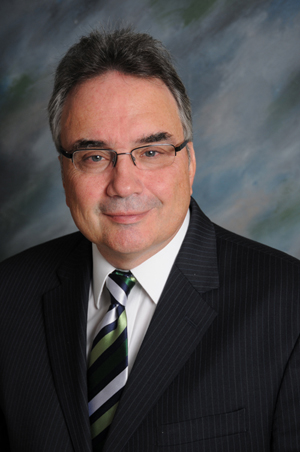
Peter Grandich is a well-known financial and economic commentator and author, based in New Jersey. His fascinating story of financial success and setbacks and gradual transition to more spiritual matters can be found in his recent book, Confessions of a Wall Street Whiz Kid. ( I provided a testimonial.) You can also get a free PDF version. Find out more at his website at PeterGrandich.com.
Paul Philip is a Toronto-based financial planner and head of Financial Wealth Builders Securities. I’ve known both gentlemen for years and can say they are intimately familiar with the concept of Findependence.
In the Q&A below, Peter asks Paul about his (that is, Paul’s) conversion from a belief in active security selection to strategic indexing via the index mutual funds of Dimensional Fund Advisors (DFA).
Yes, mutual funds, not ETFs. As you will see in the interview, the pair certainly sing the praises of this “best-kept secret” but I believe it’s in the best interests of consumers to learn about this firm and the advisors who are building practices sometimes exclusively around DFA index funds. I have in the past attended several all-day seminars presented by DFA Canada and personally own some of their funds (though not exclusively). Several other guest bloggers here at the Hub focus on DFA funds and Paul will be providing the Hub with a regular blog on these topics. — Jonathan Chevreau
Peter: Paul, what are your thoughts on investing in today’s uncertain times? Continue Reading…







